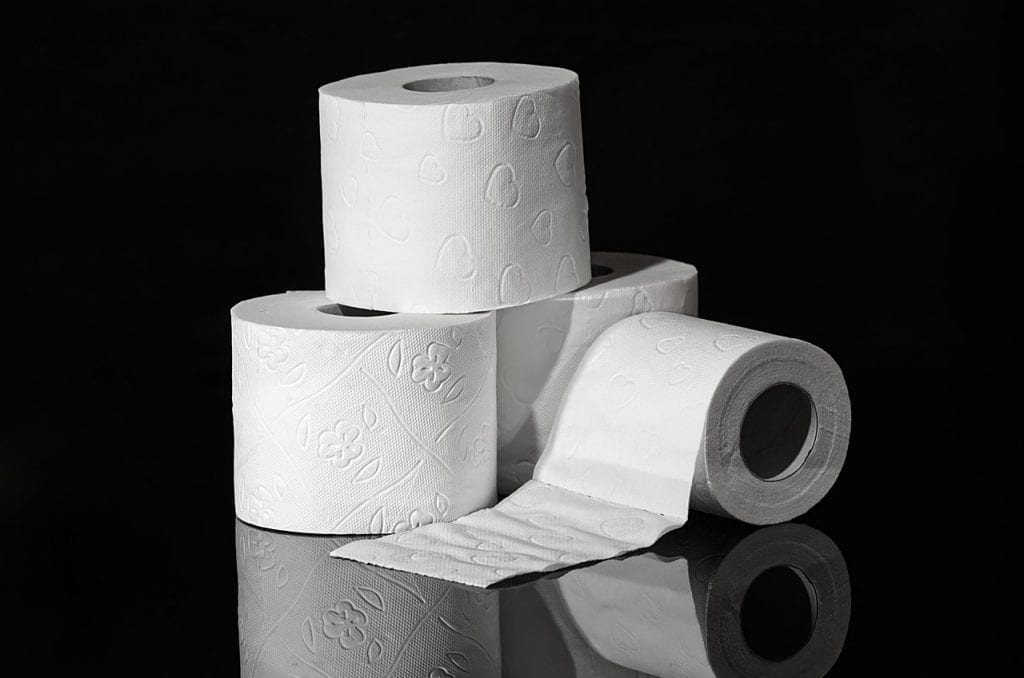t’s often said that prevention is better than cure. If you’ve ever had to deal with the chaos of busted pipes and indoor flooding, you’ll want to keep the following plumbing tips close to the heart from the very beginning.
Whether you are buying a house or looking to keep your current home free from clogged pipes and expensive damage control, these expert suggestions may save your house and your wallet.
Homeowner’s Tips

Be a responsible homeowner Credit: Pexels
- Before Buying: Get a Plumber’s Opinion
This precaution will save you thousands of dollars later on. Before signing a house contract, hire a professional plumber to investigate the plumbing system for problems that aren’t visible (or advertised) to inspectors. This includes problems with old pipes, system collapses, tree roots, and other issues, all of which pose major flooding risks.
- When Buying: Locate the Shut-Off Valve
Add this to the checklist of things every homeowner should know about their house. In case of an indoor flooding problem, you need to know where to find and turn off the main water source. Need help finding it? Ask your plumber.
- When Hiring: Do Your Homework
No plumber at all is better than a bad one. Before hiring, check customer reviews on sites like the Better Business Bureau, HomeStars, or Yelp. Identify local agencies, and be specific — look for emergency plumber in Newmarket, for example. Seek word-of-mouth recommendations from your community. Make sure the plumber is licensed and reputable in their area of service. Compare prices (at least three bids, which any reputable plumber should be open to) and be suspicious of unusually high or low prices. Be wary of hidden fees and other signs of home-improvement scams.
- When Hiring: Pay Per Project
Always go with a plumber who charges by the project and not by the hour. Paying by the hour incentivizes plumbers to take as long on the project as they can get away with while paying per project encourages efficiency.
Healthy Home Plumbing Tips
You can further set yourself up for success by observing these common-sense measures:
- DIY repair loose toilet handles. If your toilet handle jiggles, you need to replace the valve flap. This is an easy fix that can save you a lot of trouble later on. A new valve costs about $4 if DIY, while a professional plumber will charge 20x that amount just to walk through the door.
- Don’t flush or pour these down the drain:
- Lemon peels. Ignore the myth that lemon peels disinfect the pipes and blades of garbage disposal systems — they only make the whole system clog faster. Dispose of these in the trash with the rest of your organic kitchen waste.
- Cooking oil. Do not pour oil or grease down the drain. These can harden and form solid clogs that will need to be removed manually by a professional. Oil from pans and pots should be wiped off with paper towels or poured into old disposable jars for regular disposal.
- Hair. A tangled clot of hair, especially if gummed up by soap, can seriously jam the works. Buy a hair snare or drain strainer to collect fallen hair in the bathroom, and clean up after every shower with a paper towel.
 Discover little-known plumbing tips Credit: Alexas_Fotos
Discover little-known plumbing tips Credit: Alexas_Fotos
- Sanitary products. Flushing tampons, dental floss, tissue paper, and the like are big no-nos. Contrary to advertising, “flushable wipes” don’t quite break down as much as they should, especially with water-efficient flush systems that don’t deal with them properly. It’s only a matter of time before these things build up a major drain block.
- Drain cleaners. Again contrary to advertising, avoid corrosive chemicals that may erode the pipe system. Experts suggest using a safer alternative — baking soda. Mix half a cup of baking soda and one cup vinegar. Let the mixture fizz in the drain for ten minutes, then follow it with four cups of boiling water.
- Turn off your outside faucets in the winter. Frozen water expands, posing a real danger of exploding pipes if outdoor faucets are left open or garden hoses remain connected in cold weather. Their water source should be cut off from within the house, and the remaining water drained out. The same precautions should be taken when going on vacation.
Anyone who follows these basic guidelines should find themselves in the clear, for the most part. Still, some domestic disasters are immune to the best practices. In these cases, make sure you tap into your local community for their go-to for emergency plumbers. No plumber may be better than a bad plumber, but a good plumber is even better.







